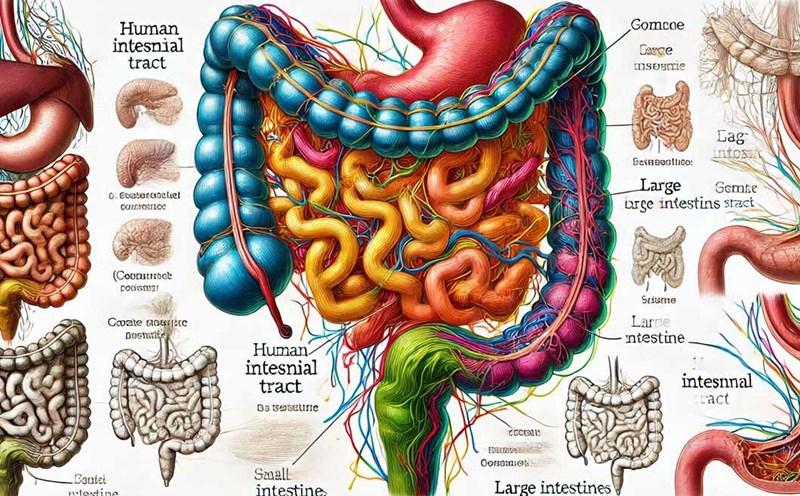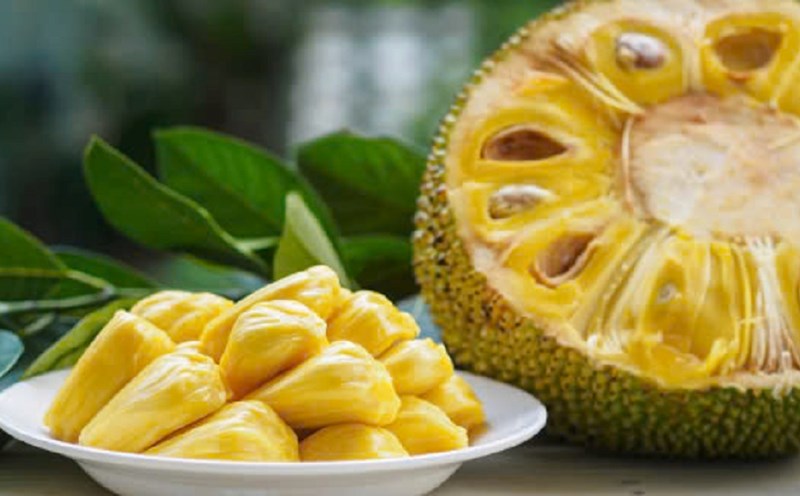According to Dr Nishant Wadhwa, Senior Consultant, Paediatrics, Sir Ganga Ram Hospital, New Delhi (India), colic in infants is usually identified when the baby cries for more than 3 hours a day, at least 3 days a week for several weeks. The cause may be due to an imbalance of intestinal bacteria, overfeeding or underfeeding, an allergy to animal milk protein or swallowing too much air while feeding without burping completely.
Cold weather can increase a child's sensitivity, causing colic to occur more frequently in the winter. Some studies suggest that cold weather can be a trigger, making children more irritable and prone to colic problems.
Why does winter make stomach pain worse?
Winter can make colic in babies worse for a number of reasons, says Dr. Nishant Wadhwa:
Temperature drop: When the weather is cold, children's bodies easily lose heat, reducing blood circulation and affecting the digestive process, causing the digestive system to work more slowly.
Reduced activity levels: In winter, children are often less mobile, which can slow down digestion and increase the risk of bloating and indigestion.
Reduced fluid intake: During cold weather, children may drink less water or milk, leading to dehydration and constipation. Constipation can cause stomach aches and discomfort.
Intestinal obstruction: Factors such as constipation or stool getting stuck in the rectum can cause obstruction and increase the level of discomfort, leading to cramping abdominal pain.
Seasonal causes of stomach pain in winter
Winter can make colic in infants worse due to the following factors:
Cold air: Exposure to cold weather can irritate your baby's digestive system, increasing sensitivity and causing colic, making your baby more irritable and crying.
Dry air and dehydration: Winter has dry air, which reduces the amount of fluid in the child's body. Mild dehydration can cause digestive upset and increase the symptoms of colic.
Incomplete burping: Thick clothing and cold winters can cause babies to feed hurriedly and not burp completely. When air is trapped in the stomach, babies are prone to gas and colic.
Dietary adjustments: Dietary changes in winter, such as overfeeding or changing foods, can upset the digestive balance. Food allergies, especially to animal milk proteins, are also common causes of colic.
Reduced physical activity: In winter, children are less active and play less outdoors, leading to a slower digestive process. This can make children more uncomfortable and have more stomach aches.
How to relieve stomach pain for babies in winter
Provide adequate hydration: Make sure your baby is breastfed frequently or given small amounts of water if formula-fed.
Burp properly: After each feeding, help your baby burp to avoid bloating.
Use a humidifier: Helps maintain humidity in the air, preventing dehydration for children.
Keep your baby warm: Dress your baby in layers of breathable clothing to avoid getting too hot or too cold.











